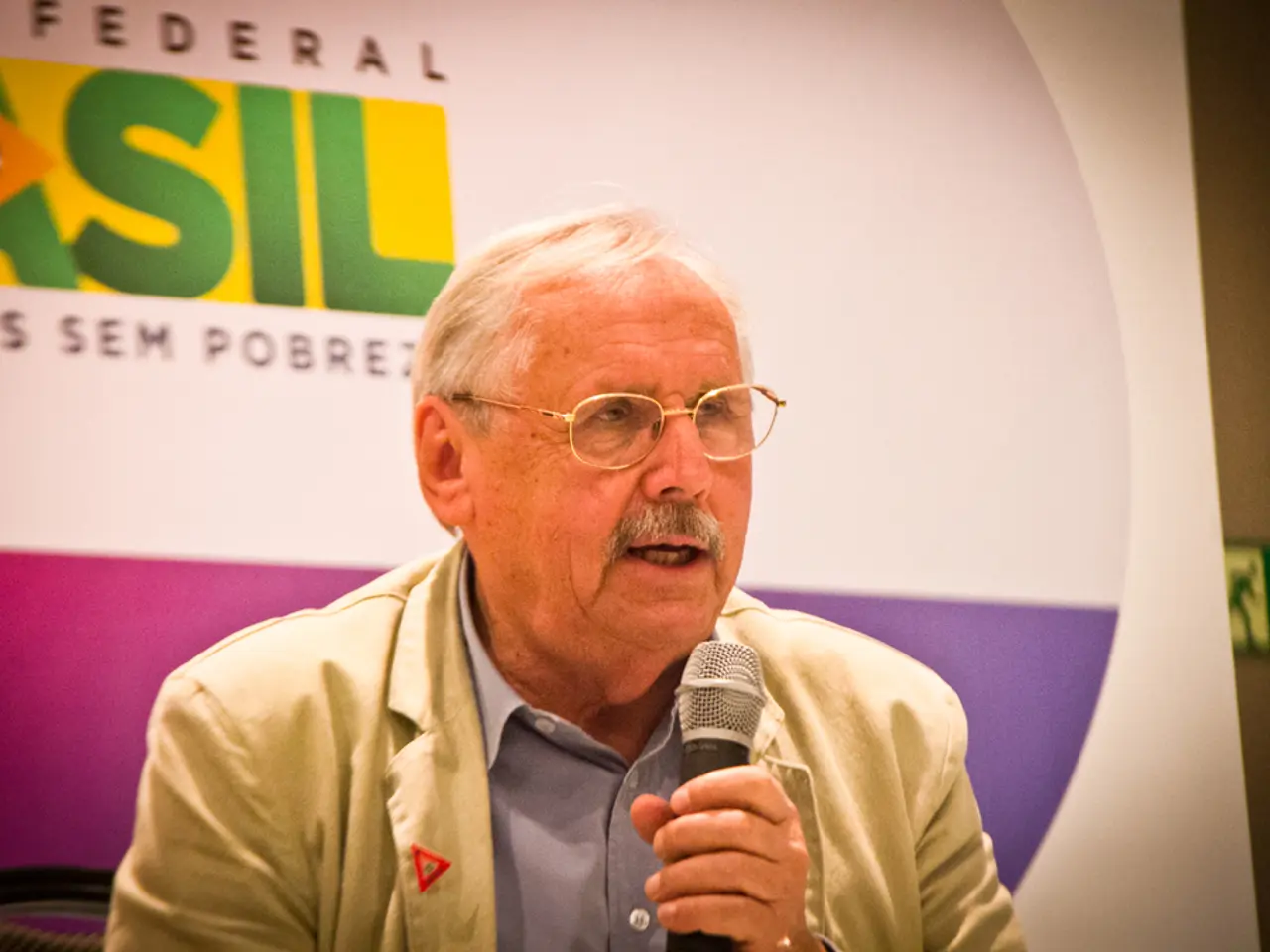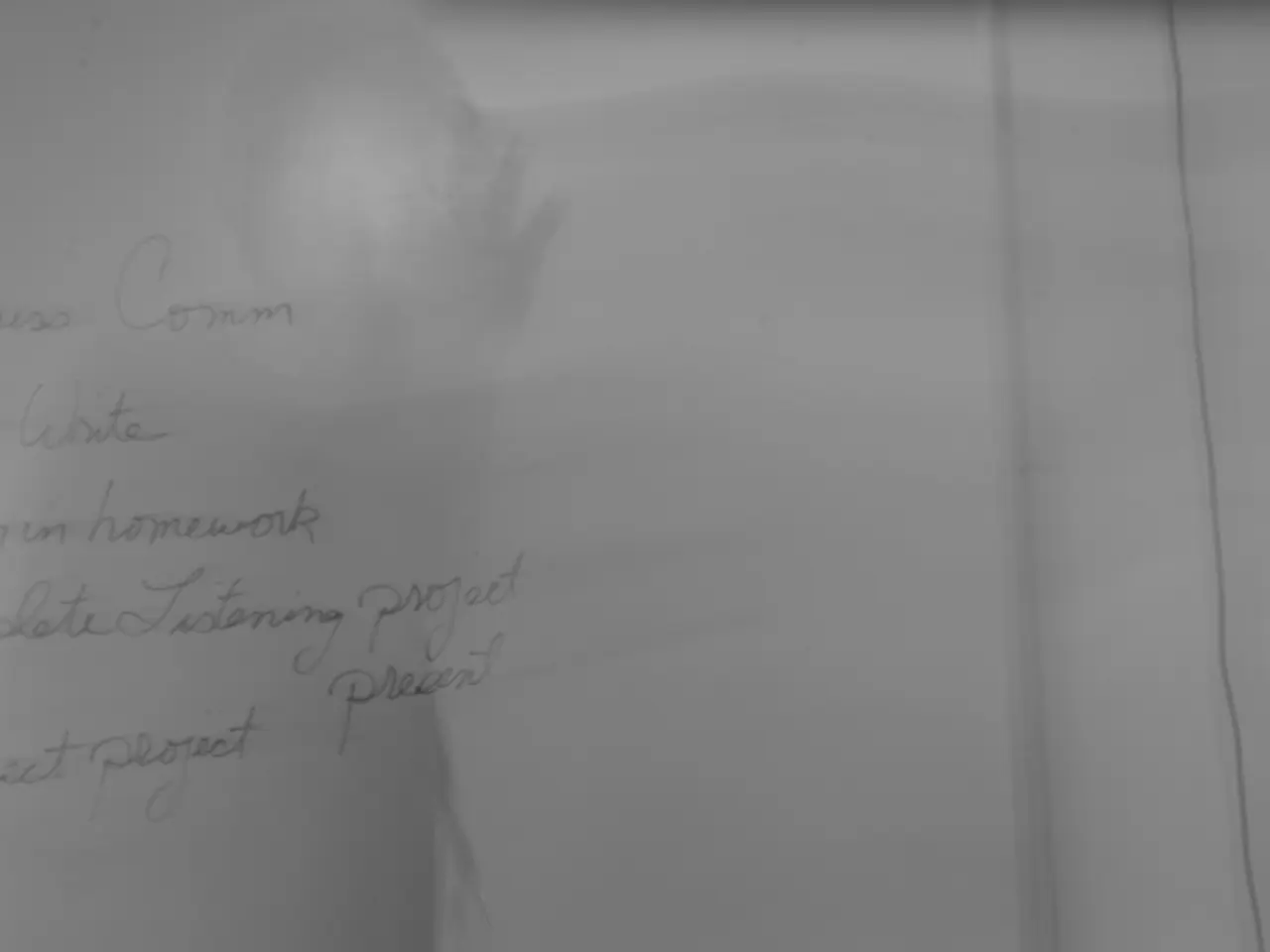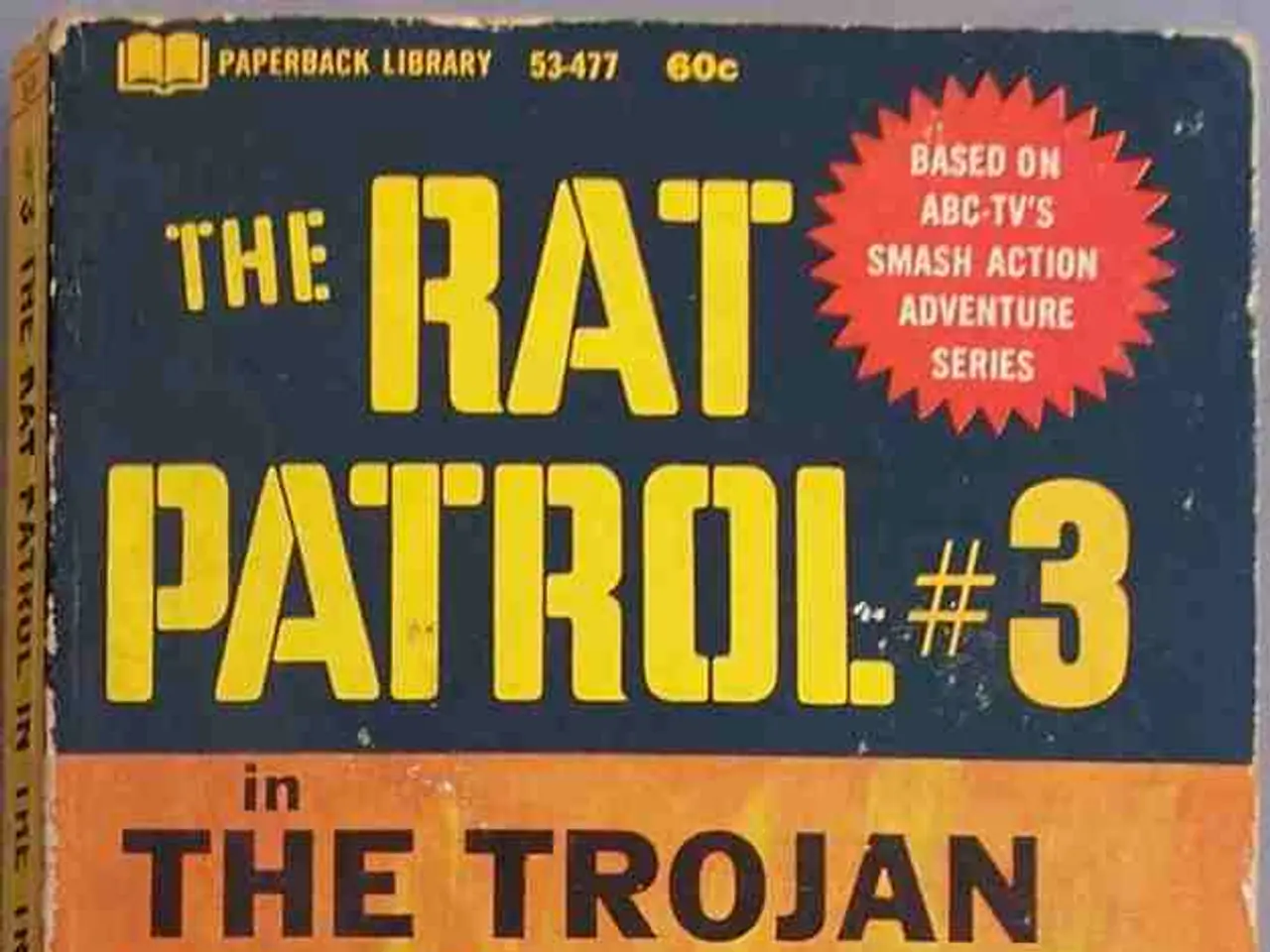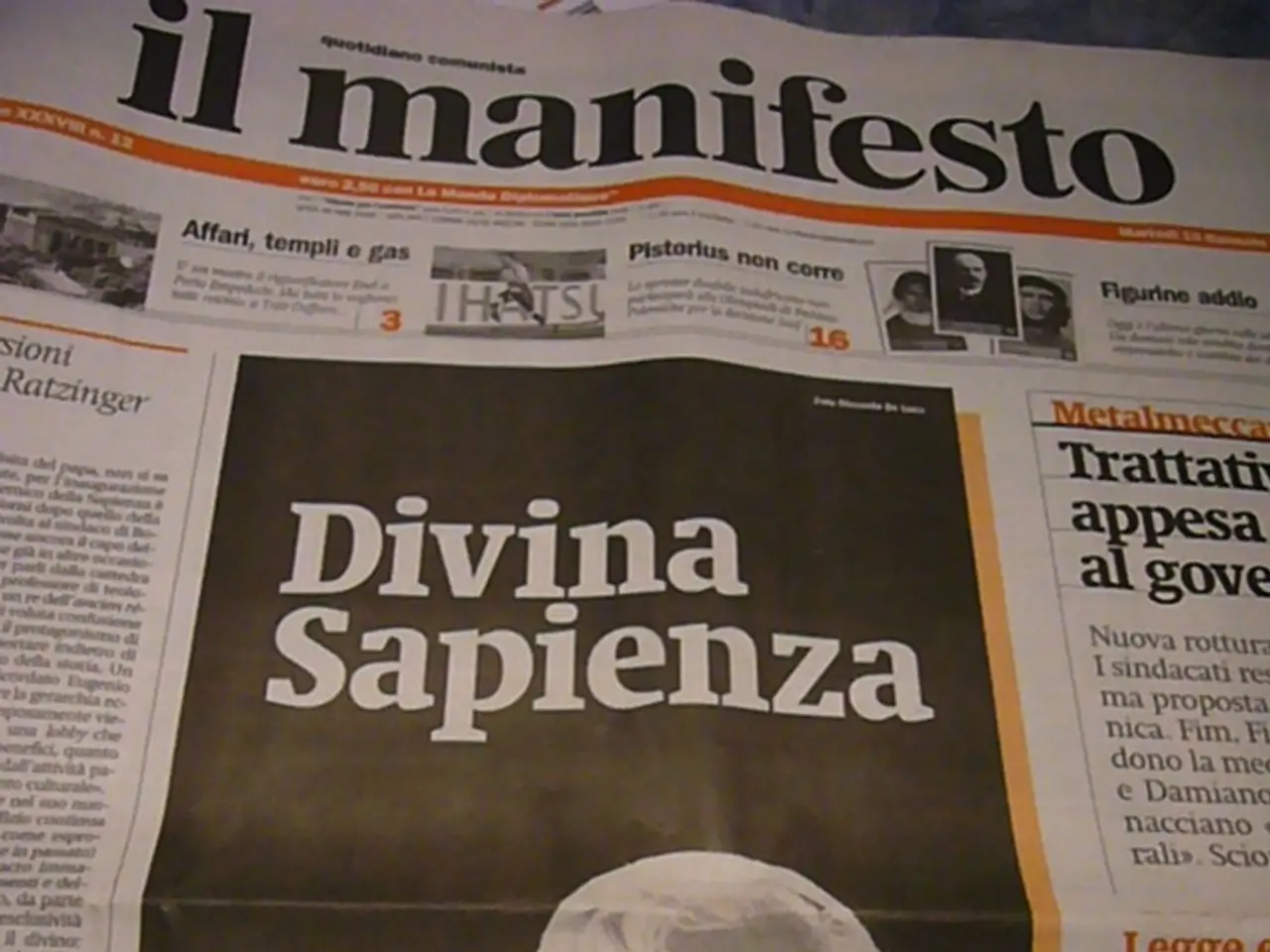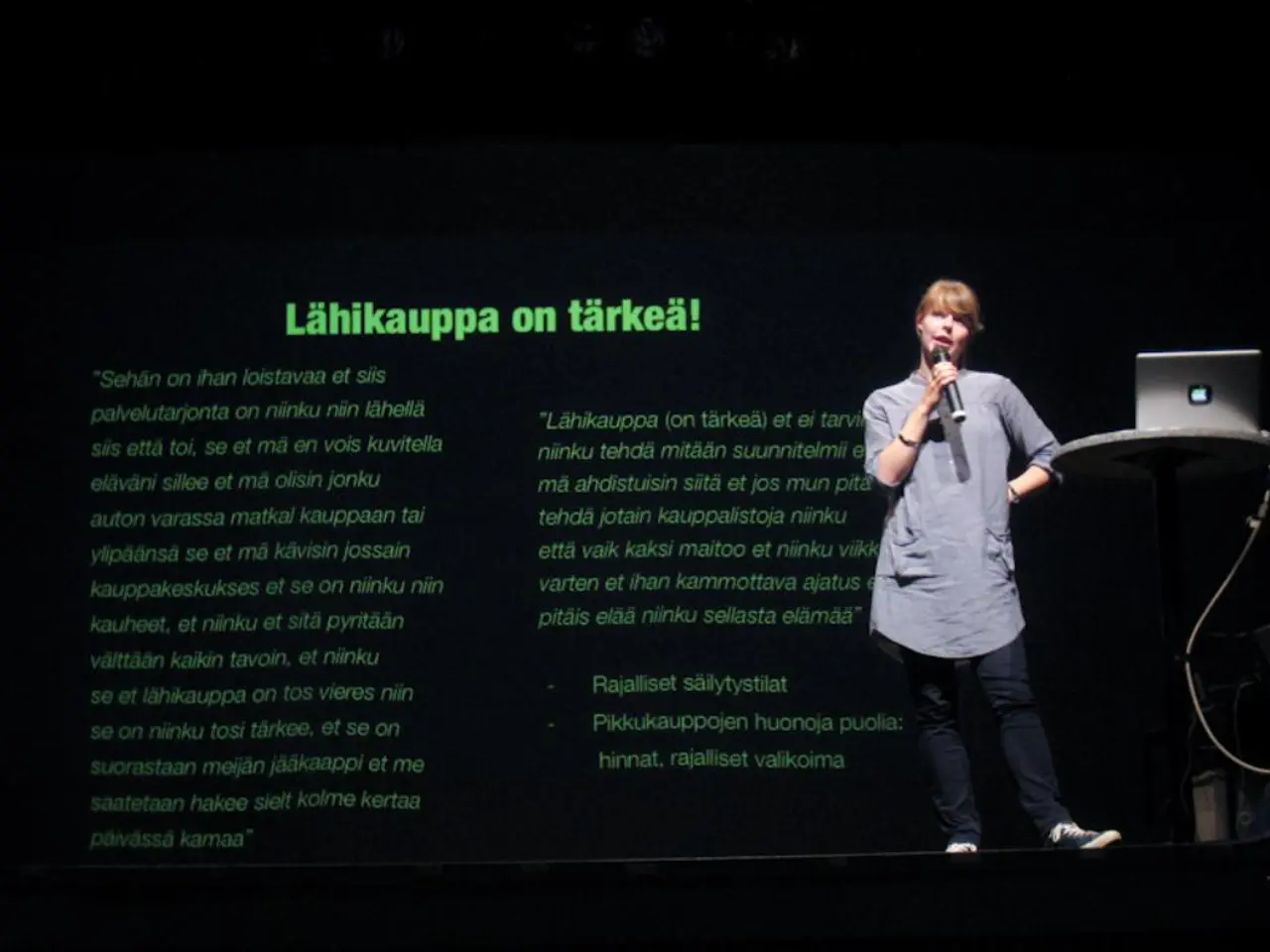Dutch authorities have designated two Israeli ministers as persona non grata. - Netherlands Prohibits Two Israeli Ministers From Entry
In a significant move, Federal Chancellor Friedrich Merz (CDU) of Germany announced an air bridge for humanitarian goods for the Gaza Strip together with Jordan on Monday. This initiative comes amidst a growing international response to the ongoing humanitarian crisis in the region.
The focus of international concern is the Gaza Strip, which has been embroiled in conflict for years, leading to a severe humanitarian crisis. Over the past week, 28 states signed an appeal calling on Israel to immediately end the war in the Gaza Strip. The Netherlands, following Slovenia, has joined this chorus, urging Israel to comply with international humanitarian law and allow unhindered aid delivery.
The Dutch government has taken concrete steps to alleviate the crisis. Caspar Veldkamp, a representative from the Netherlands, has stated that the country is exploring possibilities to provide aid to the population in Gaza, preferably by land. In addition, the Netherlands has committed 1.5 million euros to the UN Office for Support Services and an additional 3 million euros to contribute supplies for the Gaza Strip.
Moreover, the Dutch government has imposed entry bans on two Israeli far-right ministers, Itamar Ben-Gvir and Bezalel Smotrich, labeling them "undesirable aliens" due to their inflammatory actions and support for illegal settlements. This move links to the intolerable situation in Gaza.
The Netherlands is not alone in its efforts. Outside the EU, Australia, Canada, the UK, New Zealand, and Norway have imposed similar sanctions on Smotrich and Ben-Gvir. The Dutch foreign minister is pushing for coordinated EU-level action to improve humanitarian access to Gaza, reflecting the urgency agreed across multiple parties.
However, the available information does not mention specific Dutch plans to send physical aid or personnel on the ground inside Gaza. The focus seems to be on financial contributions channeled through UN mechanisms and diplomatic pressure on Israel and EU partners to improve humanitarian access.
Meanwhile, Smotrich, a settler and key coalition partner of Prime Minister Benjamin Netanjahu, has declared that 2025 would be the year when Israel would apply its sovereignty over the Palestinian territory. Smotrich has also condemned European hypocrisy and accused European politicians of falling for the lies of radical Islamists.
Ben-Gvir, another controversial figure, has expressed his displeasure about the Dutch decision on the online platform X, stating that in a place where terrorism is tolerated, a Jewish minister is unwanted.
In summary, the Netherlands positions itself as a critical voice condemning the humanitarian blockade, imposing symbolic diplomatic measures against Israeli officials implicated in escalation, providing significant financial aid through the UN, and advocating for EU-coordinated action, though without publicly announced Dutch land-based aid deliveries into Gaza at this time.
As the international community continues to pressure Israel to address the crisis in the Gaza Strip, it remains to be seen how the situation will unfold in the coming months.
The Commission has also been consulted on the draft directive on the protection of workers from risks related to exposure to carcinogens, as the crisis in the Gaza Strip has drawn attention to global politics, with war-and-conflicts, general-news, and humanitarian concerns dominating discussions. It's interesting to note the Dutch government's diplomatic maneuvers, including imposing entry bans on two Israeli ministers, and advocating for EU-coordinated action, while channeling significant financial aid through UN mechanisms.
